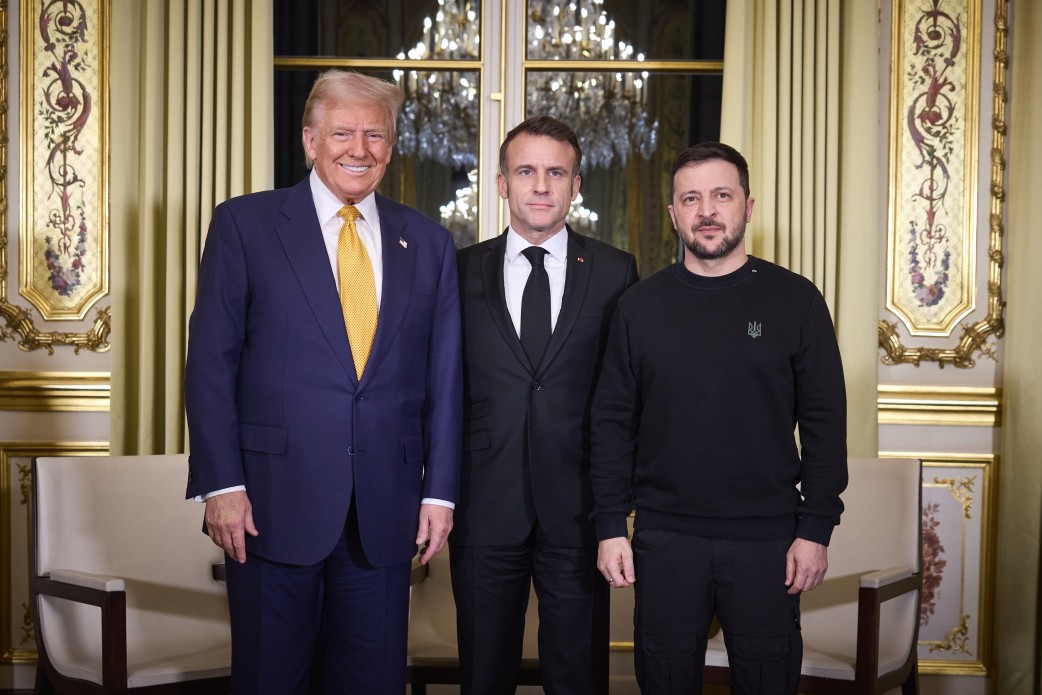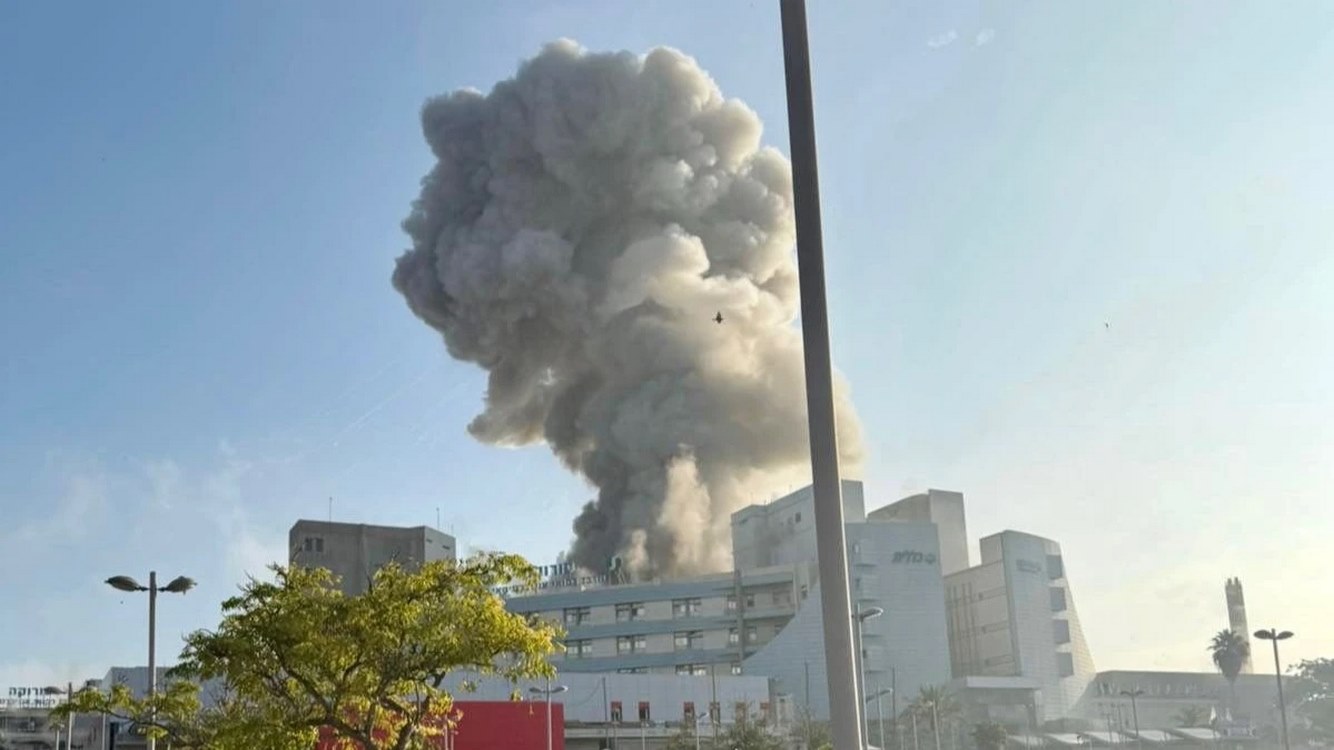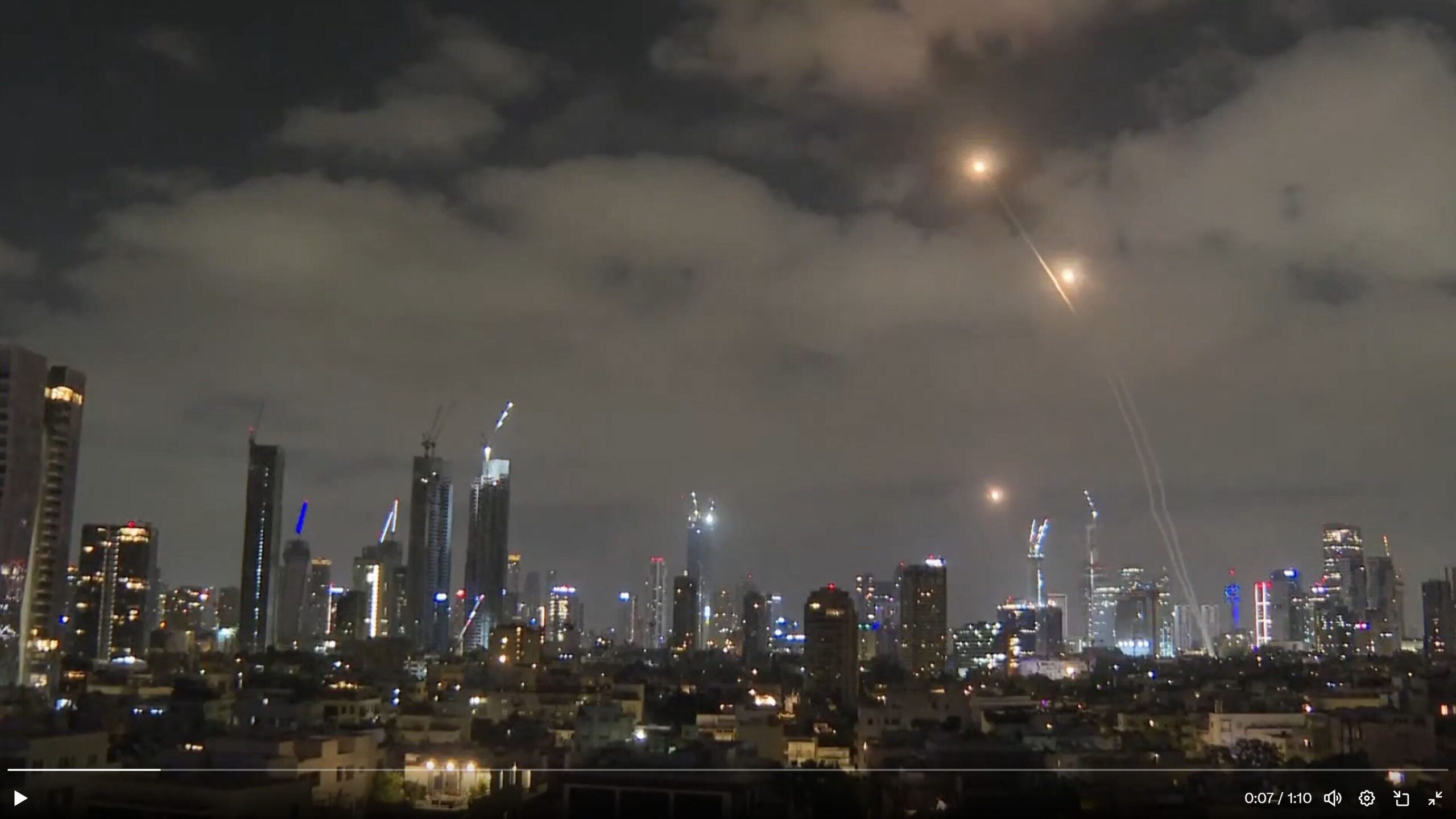KYIV, Ukraine. February 24th, 2022. NATO’s predicted fears have come to pass, as the early morning hours of Thursday the 24th saw missile attacks strike Ukrainian military bases and air defense systems across the country as part of the opening salvo of what President Putin called a “special military operation”.
The first 7 hours of the conflict has seen Russian tanks and armored vehicles move to the city of Mariupol from Belarus, other columns entering Ukraine from the Donbas and Crimea regions, and troops land in southern port cities along the Black Sea.
Strikes from planes and missiles have been carried out in Kharkiv, Kramatorsk, Odessa, L’viv, Kyiv, Mariupol, and others. The Ukrainian president declared Martial Law, and called upon all citizens willing to do so to fight, offering to give weapons to anyone who wants them. The EU and other countries have announced “massive sanctions”.
Defense Ministries are arguing about casualties, with Ukraine’s claiming 6 Russian planes shot down, 4 tanks destroyed, and Russian soldiers killed. Moscow denies these claims.
NATO Secretary General Jens Stoltenberg has spoken to reporters, saying that the alliance has activated it’s defensive protocol, and mobilized thousands of forces along its eastern borders.
PICTURED: Russian President Vladimir Putin signs documents, including a decree recognizing two Russian-backed breakaway regions in eastern Ukraine as independent, during a ceremony at the Kremlin in Moscow. PC: Alexey Nikolsky /Sputnik/AFP via Getty Images. Fair Use
How did it come to this?
It was rumored that Putin once told an EU diplomat after the 2014 Annexation of Crimea that “if I wanted to, I could take Kyiv in two weeks”.
Several things are clear from the scale of the attack. Russia is not afraid of sanctions, which NATO countries have been threatening for months, nor of the Nord Stream 2 pipeline being closed down. The Monday decision by Russia to recognize the Donbas republics and move troops there as peacekeepers was the excuse Putin needed, but that this attack is not about them.
When declaring the attack a “special military operation” Putin described the goal was to protect the breakaway regions, but also to “de-Nazify” Ukraine, referring to elements within the Ukrainian irregular military like the Asov Battalion, which not only display Nazi symbolism on their uniforms, but come from a part of the country which is known to contain Nazi descendants and sympathizers.
“I wanted to say in conclusion that we aren’t being aggressive against the Ukrainian people but against the junta that is in power in Kiyv,” said the Russian Ambassador to the UN, Vassily Nebenzia. The use of the word junta is key, and suggests Putin will seek regime change.
“I think at this stage, he’s gone this far, it doesn’t make a lot of sense to hold back now,” Doug Bandow Senior Foreign Policy scholar at the Cato Institute, told WaL Wednesday afternoon, a dozen or so hours before Russia launched their attack. “He can use the Donbas excuse for anything he wants to do, and I think at the moment everyone is holding their breath”.
Several high-profile negotiations were held on separate occasions between Russia, the EU, the U.S., and the Organization for Sec. and Cooperation in Europe (OSCE) in January to address Russian security concerns. They were preceded by tremendous anti-Russian rhetoric from member states, and as WaL reported, none of Russia’s concerns were taken seriously.
“This whole situation is very strange in that essentially no one in NATO wants Ukraine in NATO [yet] NATO has refused to make a practical concession to Russia [in order] to defend a principal which it has no intention of exercising,” says Bandow.
“Ukraine, despite the assurances it has routinely received from NATO and the U.S. which I think has been very unfortunate and misleading, still should have recognized that if they’re not in NATO after 2008 when they were promised they would get in, so 14 years ago, that they aren’t any closer today,” he adds. “So to insist that they want to get into NATO when they could have made the concession to take it off the table, I think this is a real miscalculation”.
To the last Ukrainian
Bandow makes the point, as have others before, that NATO is beginning to leave a sort of former Soviet republic trail of tears behind it. By refusing to take seriously Russia’s concerns about NATO expansion, and by never missing a moment to promise that NATO membership remains open, several times countries on the border with Russia have been led to believe they could get away with far more than they could.
“In October when [Defense Sect.] Lloyd Austin went over to Europe, the Pentagon put out a report on what he would be doing and that included going to Georgia and Ukraine and expressing our support for their entering into NATO, so you can understand why Russia would look at that and be convinced it was going to happen,” Bandow said.
“We tend to believe what we want to believe, if [Ukraine] believes it’s going to get into NATO, then every time they hear this statement they think it’s really going to happen. And I think there’s a lot of evidence that was essentially the situation in 2008 in Georgia”.
“[Georgian President] Saakashvili apparently believed the U.S. would back him up when he started shelling [parts of South Ossetia] that contained Russian peacekeeping troops. The U.S. and NATO were not ready to go to war over Georgia in that case,” says Bandow. “So I do think the West has contributed to this. In a sense, the West has encouraged Ukraine to fight Russia to the last Ukrainian, [but have] absolutely no intention of going to war”.



